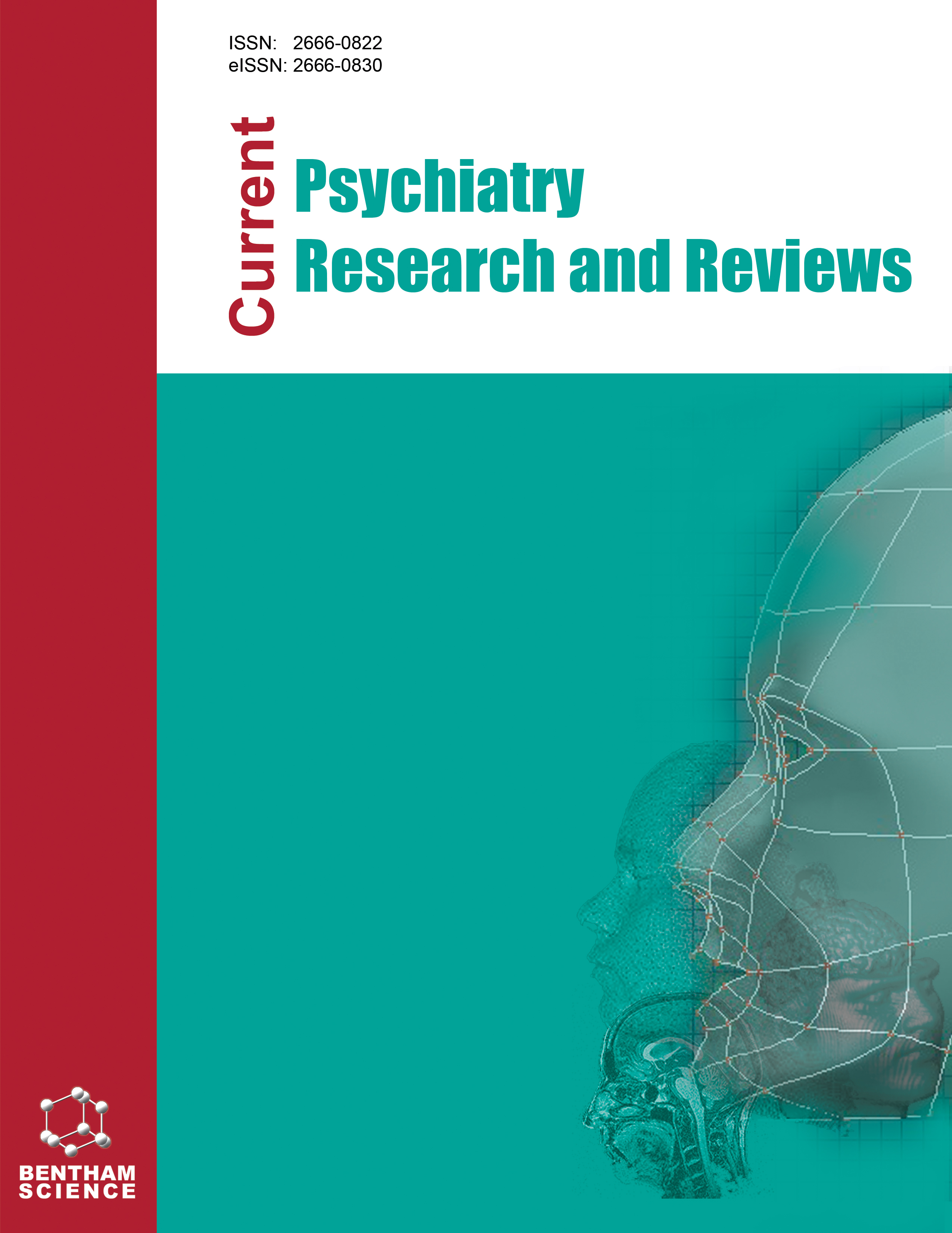
-
oa “Mental Health with Social Challenges” and “Support Systems with Coping Mechanisms” Among Chinese Adults with Tourette Syndrome in three Locales: A Qualitative Study
-
-
- 22 Jun 2024
- 22 Jan 2025
- 09 Apr 2025
Abstract
Tourette Syndrome (TS) typically appears in childhood. The adverse childhood experiences of individuals with TS may influence their adult well-being. The social adjustment problems of adults with TS are often ignored in clinical practice. This study explored how Chinese adults with TS in Taiwan, Hong Kong, and Mainland China understand and are affected by TS.
We recruited 19 individuals with moderate-to-severe TS from ad hoc TS support groups in Taiwan, Hong Kong, and Mainland China and conducted semi-structured in-depth interviews between April 2015 and January 2016, and between June and September 2022. A total of 9 participants completed three quantitative scales: Gilles de la Tourette syndrome - quality of life scale (GTS-QoL) and two self-assessments, namely the severity of TS symptom index (S-TS-I) and satisfaction with life index (SL-I).
We identified ten resilience factors, which were categorized into two main categories. The first category, “Mental Health with Social Challenges” included lack of family support, struggles to adapt to social expectations of normal behavior, bullying from peers, friends, or teachers, and negative thoughts about TS. The second category, “Support Systems and Coping Mechanisms,” encompassed support from families, support from teachers and friends, positive thoughts about TS, professional guidance, life goals, and coping strategies. We found that adults with TS who had more “Support Systems with Coping Mechanisms” than “Mental Health with Social Challenges” were more satisfied with their lives. Surprisingly, GTS-QoL was correlated with S-TS-I (TS severity) but not with SL-I scores (TS satisfaction). The participants exhibited differences in cultural beliefs and perceptions of TS depending on the locale.
Two prominent categories were identified pertaining to how Chinese people with TS understand, are affected by, and cope with their condition.

